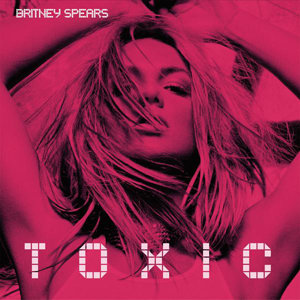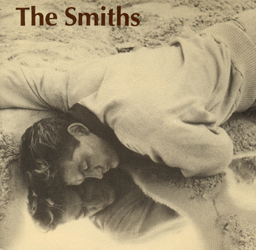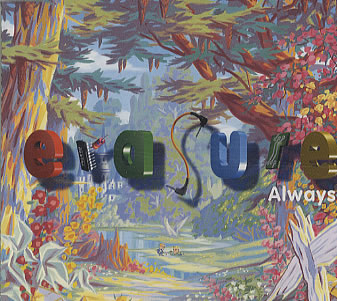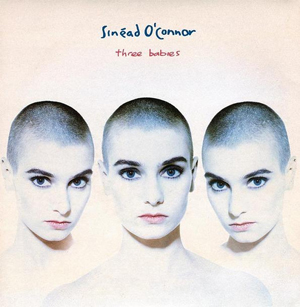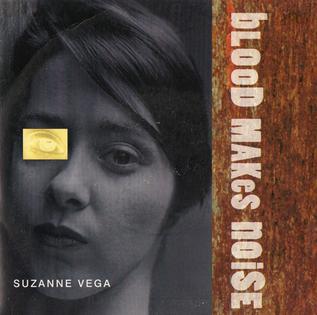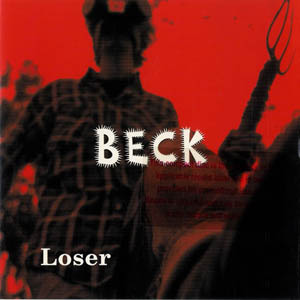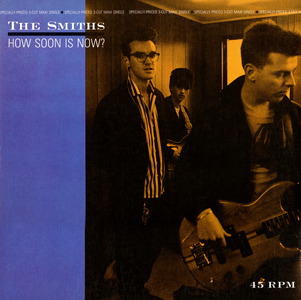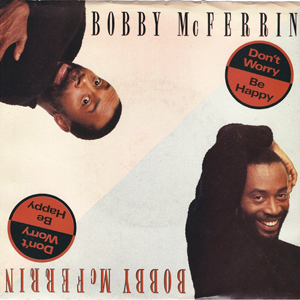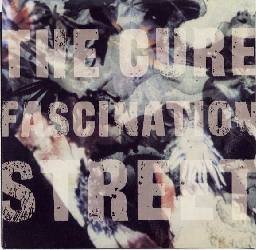While 2004 may not be remembered as a revolutionary year in music history, it certainly left its mark with a diverse range of sounds that reflected the changing trends of the early 2000s. From catchy pop anthems to rock revival and emerging indie scenes, the year offered a solid foundation for the musical directions that would unfold in the years to come.
In the realm of pop and R&B, established stars and newcomers alike dominated the charts. Britney Spears continued her reign with the provocative “Toxic,” while Usher’s infectious club anthem “Yeah!” featuring Ludacris and Lil’ Jon became a dance-floor staple. Gwen Stefani made a successful foray into solo artistry with “What You Waiting For?”, blending pop with a hint of electronic edge. These tracks, along with hits from Destiny’s Child and Ciara, exemplified the slick production and catchy hooks that defined mainstream music of the era.
Hip-hop saw significant releases from both veterans and newcomers, showcasing the genre’s versatility. Snoop Dogg teamed up with Pharrell Williams for the minimalist masterpiece “Drop It Like It’s Hot,” while Kanye West’s “Jesus Walks” stood out for its bold lyrics and gospel influences, hinting at his future influence on the genre. In the UK, The Streets and Dizzee Rascal pushed the boundaries of British hip-hop with “Dry Your Eyes” and “Fix Up, Look Sharp” respectively, bringing grime to a wider audience.
Rock music in 2004 was marked by a resurgence of garage rock and post-punk influences. Green Day found renewed relevance with their politically charged “American Idiot,” perfectly capturing the frustrations of the early 2000s. Franz Ferdinand’s “Take Me Out” and The Killers’ “Somebody Told Me” brought angular guitar riffs and danceable rhythms to the forefront, becoming surprise radio hits. The Libertines’ “Can’t Stand Me Now” and The Darkness’ “I Believe in a Thing Called Love” added to the garage rock revival energy. Meanwhile, indie rock had its moment with Arcade Fire’s debut album “Funeral,” offering sprawling, emotional soundscapes with tracks like “Neighborhood #1 (Tunnels).”
Beyond the mainstream, 2004 offered glimpses of what was to come in the music world. Tracks like “Slow Hands” by Interpol and “The Rat” by The Walkmen showcased the growing popularity of darker, moodier sounds that would define the latter part of the decade. Modest Mouse gained mainstream attention with “Float On,” while Yeah Yeah Yeahs pushed the boundaries of alternative rock.
In retrospect, 2004 wasn’t a year that rewrote the rulebook of music, but it was a period that gave us a diverse range of memorable tracks. From pop to hip-hop, rock to indie, the year’s music scene was a reflection of a time when genres were both distinct and increasingly willing to blur their boundaries. It provided a soundtrack rich in diversity and creativity, setting the stage for the musical evolution that would follow in subsequent years.
Follow Tunes Du Jour on Facebook
Follow Tunes Du Jour on Twitter
Follow me on Instagram
